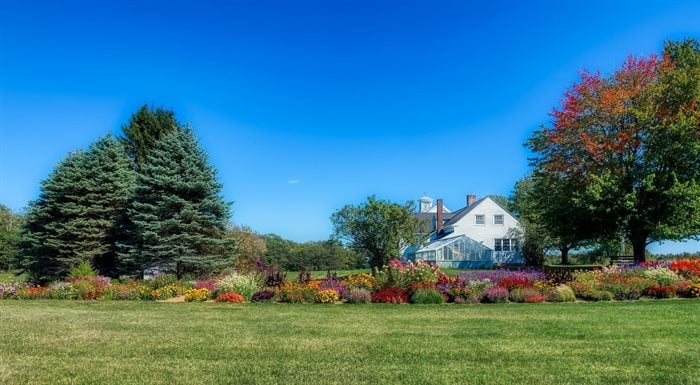
Top stories





Energy & MiningGlencore's Astron Energy gears up with new tanker amidst Sars dispute
Wendell Roelf 15 hours

More news
















Logistics & Transport
Uganda plans new rail link to Tanzania for mineral export boost











The prime lending rate has held steady at 7% since July 2020, with the Monetary Policy Committee deciding last week to keep the repo rate at 3.5% for the seventh consecutive time.
“The largest percentage growth in the number of formal grants for the 12 months ending August 2021, at 45.49%, has been for homes with a purchase price of more than R3m. There’s been a further 38.7% increase in the number of formal grants for homes of between R2.5m and R3m,” says Coetzee. Overall, BetterBond’s approved bond size is up by 15%, while the approved bond size for first-home buyers is up by just over 13%.
BetterBond’s applications for the 12 months ending August 2021 show an almost 4% increase in purchase price, and an increase of just over 5% in the purchase price for first-home buyers.
The FNB Property Barometer says much of the extended mortgage credit is being used to fund the middle to upper price segments. “Renewed interest from buyers at this end of the price range is reflected in the significant house price growth we are seeing in all provinces,” adds Coetzee. According to FNB, house prices have increased by a cumulative 5.6% since January last year, before the pandemic.
“Interestingly, the Western Cape is starting to show signs of house price growth, suggesting that its period of price correction is coming to an end. This could be the result of a combination of factors; including low interest rates and a renewed interest in semigration following the recent unrest in KwaZulu-Natal and Gauteng,” says Coetzee. According to Lightstone’s property data for July, the Eastern Cape has shown considerable house price inflation of 8.3%, followed by Mpumalanga and the North West at 7.6% and 7.5% respectively.
Shifting home ownership patterns have intensified the demand for larger sectional title units and freehold properties with gardens or access to amenities. It’s also no longer necessary to live close to the office and buyers are contemplating areas that offer value-for-money and quality of life, says Coetzee. FNB argues that while house prices are starting to moderate in some regions, they are still well above pre-pandemic levels. “Many households have had to reconsider their property needs because of homeschooling or working from home.”
FNB’s Estate Agent Survey (July 2021) already showed signs of this trend, with most agents reporting then that much of the activity at the middle to upper end of the market is being driven by the desire to upgrade. “The disparate impact of the pandemic on household income and employment can be seen in the reasons for selling. According to estate agents who took part in FNB’s survey, 21% of transactions were to downscale due to financial pressure, followed by 16% of sales to upgrade to a home with more space.”
While the first six months of low interest rates motivated many first-home buyers to invest in property, the sustained favourable lending environment is encouraging buyers across price bands to buy property as their homeownership needs evolve, says Coetzee. “The demand-shift from renting to homeownership has also intensified buyer activity, driving house price growth in many areas. With the South African Reserve Bank indicating that it will keep interest rates accommodative for a year or two, there is still ample opportunity to invest in property.”